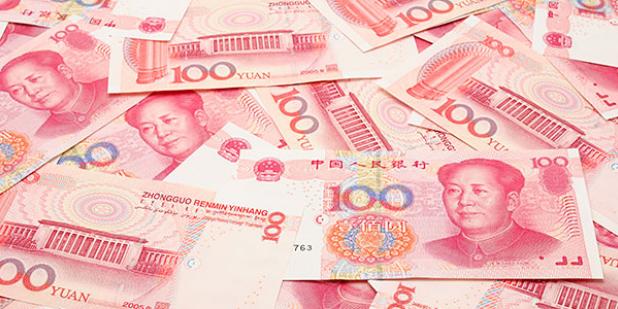Join us for a free one-day workshop for educators at the Japanese American National Museum, hosted by the USC U.S.-China Institute and the National Consortium for Teaching about Asia. This workshop will include a guided tour of the beloved exhibition Common Ground: The Heart of Community, slated to close permanently in January 2025. Following the tour, learn strategies for engaging students in the primary source artifacts, images, and documents found in JANM’s vast collection and discover classroom-ready resources to support teaching and learning about the Japanese American experience.
China's Economy, it's Currency, and the state of the U.S.-Economic Relationship
China's economic state and what it means for the rest of the world.
Where

China’s economy is now the second largest in the world and its currency, the renminbi, has been elevated to the status of an elite official reserve currency. But China is facing slower growth, rising debt levels, and concerns about capital outflows. Is China’s economy headed for a meltdown or can it continue to outgrow its problems? Are U.S. economic power, and the dominance of the U.S. dollar, likely to be threatened by China’s ascendance? The lecture will cover China’s economic prospects, risks that threaten to undermine the economy, and what it will take to maintain high growth. Drawing on his recent book on the renminbi, Prasad will discuss the future of the renminbi, both in terms of its value and its role as an international currency. The lecture will also review prospects for the U.S.-China economic relationship and the rebalancing of power between the two countries. Eswar Prasad is the Nandlal P. Tolani Senior Professor of Trade Policy in the SC Johnson College of Business at Cornell University. He is also a senior fellow at the Brookings Institution, where he holds the New Century Chair in International Economics, and a research associate at the National Bureau of Economic Research. He is a former head of the China Division at the International Monetary Fund. His latest book is Gaining Currency: The Rise of the Renminbi (Oxford University Press, 2016). His previous books include The Dollar Trap: How the Dollar Tightened Its Grip on Global Finance and Emerging Markets: Resilience and Growth Amid Global Turmoil, and his research has been published in a wide range of leading economics journals. He has testified before various U.S. congressional committees and commissions. His op-ed articles have appeared in the Financial Times, Harvard Business Review, New York Times, Wall Street Journal, and Washington Post. He appears frequently on Bloomberg, CNBC, CNN, NPR, and PBS.
Featured Articles
Please join us for the Grad Mixer! Hosted by USC Annenberg Office of International Affairs, Enjoy food, drink and conversation with fellow students across USC Annenberg. Graduate students from any field are welcome to join, so it is a great opportunity to meet fellow students with IR/foreign policy-related research topics and interests.
RSVP link: https://forms.gle/1zer188RE9dCS6Ho6
Events
Hosted by USC Annenberg Office of International Affairs, enjoy food, drink and conversation with fellow international students.
Join us for an in-person conversation on Thursday, November 7th at 4pm with author David M. Lampton as he discusses his new book, Living U.S.-China Relations: From Cold War to Cold War. The book examines the history of U.S.-China relations across eight U.S. presidential administrations.




